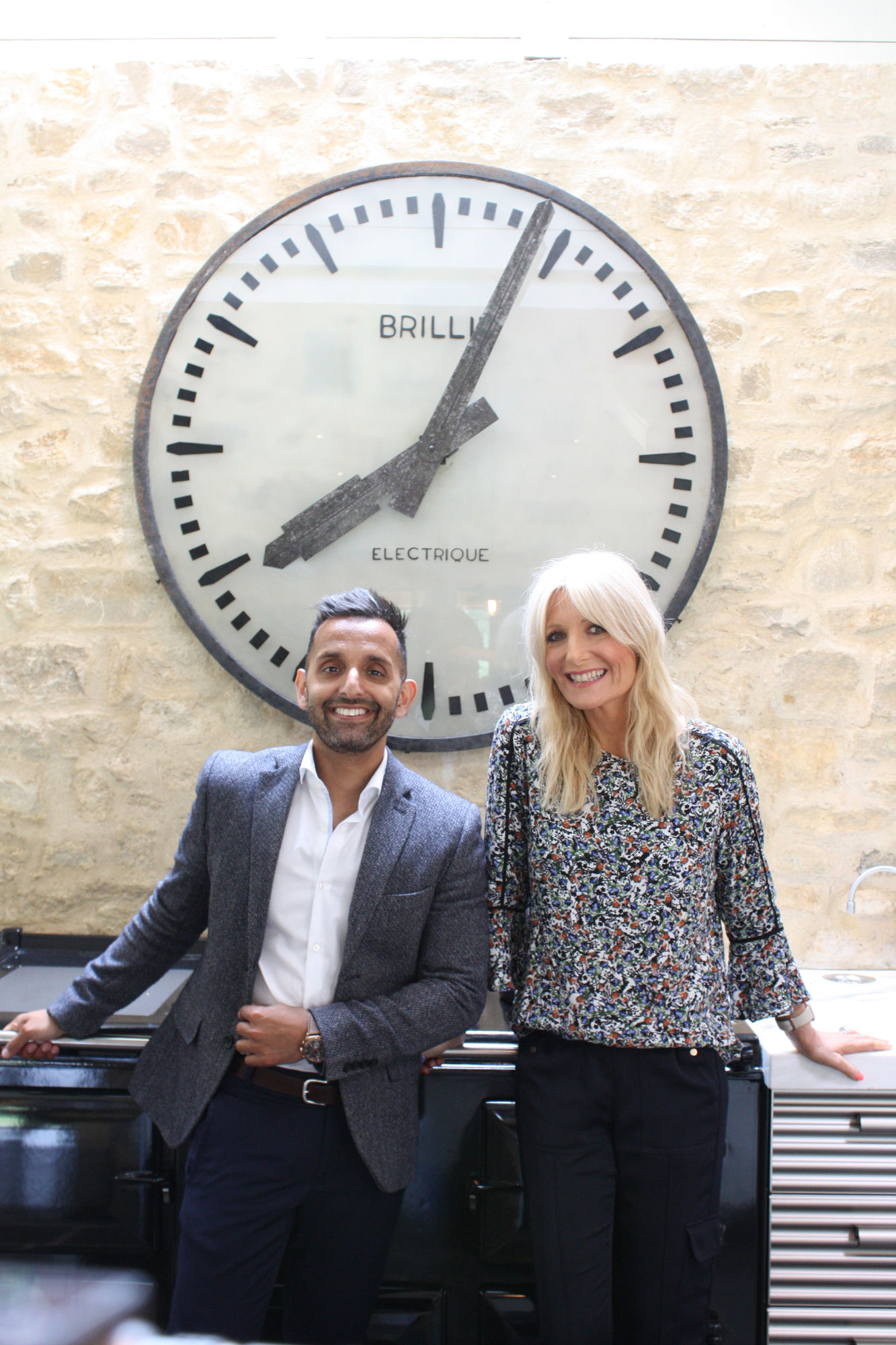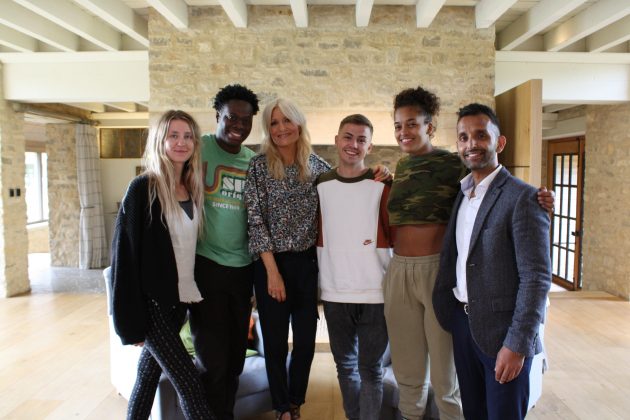The Science of Sleep: How to Sleep Better – Channel 5

Channel 5's new documentary The Science of Sleep: How to Sleep Better tackles the subject of our national slumber deficit
Many of us regularly miss out on a good night’s sleep, but now, Dr Amir Khan and Gaby Roslin hope to put this right in Channel 5’s new documentary, The Science Of Sleep: How To Sleep Better, as they apply the experts’ latest scientific thinking to help some of our country’s worst sleepers.
Though they grafted more – at work and at home – on average the grandparents of today’s millennials got two hours more sleep a night than their children’s children.
Recent research by the Sleep Council suggests that 70 per cent of people in the UK don’t get enough shut-eye and are, on average, sleeping two hours fewer a night compared with 50 years ago.
MORE: See our new TV listings guide
Amir and Gaby take four volunteers in their 20s and deprive them of sleep for 48 hours.
Results could best be described as eye-opening.
The latest updates, reviews and unmissable series to watch and more!

Here, Professor Jason Ellis, who is Director of the Northumbria Centre for Sleep Research and who advises during the series, tells TV Times why slumber is so important…
What specific problems can lack of sleep cause in adults and how do you show this in Channel 5's The Science of Sleep: How to Sleep Better?
Most adults need between seven and nine hours sleep a night.
Even in the short term, sleep deprivation will cause deterioration in mood, memory and performance and, in the long term, can cause health to seriously suffer.
In the programme, we take four volunteers, all fit, healthy and in their 20s, and deprive them of sleep for 48 hours to show what happens when we test their reaction times, problem-solving skills, memory and performance.
What are the most common sleep problems and how can we combat them?
Snoring, sleep apnoea [pauses in breathing during sleep, depriving the brain and body briefly of oxygen] and night terrors all affect sleep, but the most common is insomnia, whether it’s getting to sleep or problems staying asleep.
For someone who’s really suffering with insomnia, cognitive behavioural therapy is the best treatment.
It’s as effective as medication but without the side effects.
Your GP will be able to help you find a therapist.
What is your general advice on how to get a good night’s sleep?
One of the worst things that people can do is ‘try’ to sleep.
The more you try, the less likely it is to happen and you’re going to be lying in bed frustrated and worried.
Don’t go to bed until you’re actually tired and try to get up around the same time every day because this keeps your body clock and your drive to sleep in harmony.
For anyone struggling to get to sleep the best thing is actually to get out of the bed and do something else until you start to feel tired.
TV Times rating: ****

